With the rise of self-directed learning, online course platforms are becoming more and more popular. These websites offer courses that range from teaching people how to code to learning about business management. The best thing about it is that you may complete these courses whenever and wherever you like!
In this blog post, we will look at the best online course platforms in 2022.
The best online course platforms in 2022 include:
-
Udemy
-
Teachable
-
Khan Academy
-
Coursera
-
Skillshare
-
Thinkific
-
LearnWorlds
-
Podia
-
Ruzuku
-
Archy Learning
What is an Online Course Platform?
Before we get into the list though, we need to take a look at what an online course platform is.
Online course platforms are a type of learning management system (LMS) that provides users with access to digital classes.
In a lot of ways, these virtual courses are comparable to traditional training; an instructor provides an engaging educational experience through video, image, text, audio, and PDF files.
Students follow along with the LMS software, take notes, perform exercises, and complete exams to test their knowledge.
Online learning platforms such as Teachable, Thinkific, Archy, Kajabi, Podia, and Ruzuku all feature a robust feature set for course creators to make the teaching experience as engaging as possible.
Course software includes features like a fully responsive creation platform with the ability to create online courses with easy content uploading, course completion certificates, marketing features & marketing tools, a sales funnel, third-party integrations, and more.
In a nutshell, these course platforms provide everything you’ll need for selling online courses without the headache of complex HTML coding and third-party integrations. Some online learning platforms even let you create your course for free.
What Are the Best Online Course Platforms?
From the student’s perspective, things are a little different.
With social distancing becoming the norm in just about every facet of life, many colleges are migrating their class material to an online course platform, There are many options for online learning from home.
Often called massive open online courses (MOOCs), they are slightly different than paid platforms.
Instead of hosting course content yourself, courses are in an online school marketplace where students pay for course content directly, or via a subscription.
The benefit for course creators is that you can leverage these websites to reach a new audience. The downside is you won’t earn as much money per sale, and there is stiffer competition in the market.
In the end, I propose using one of the companies listed above to sell courses.
If you’re looking to sign up for an online course platform to learn new things, here are my picks for the best online course platforms.
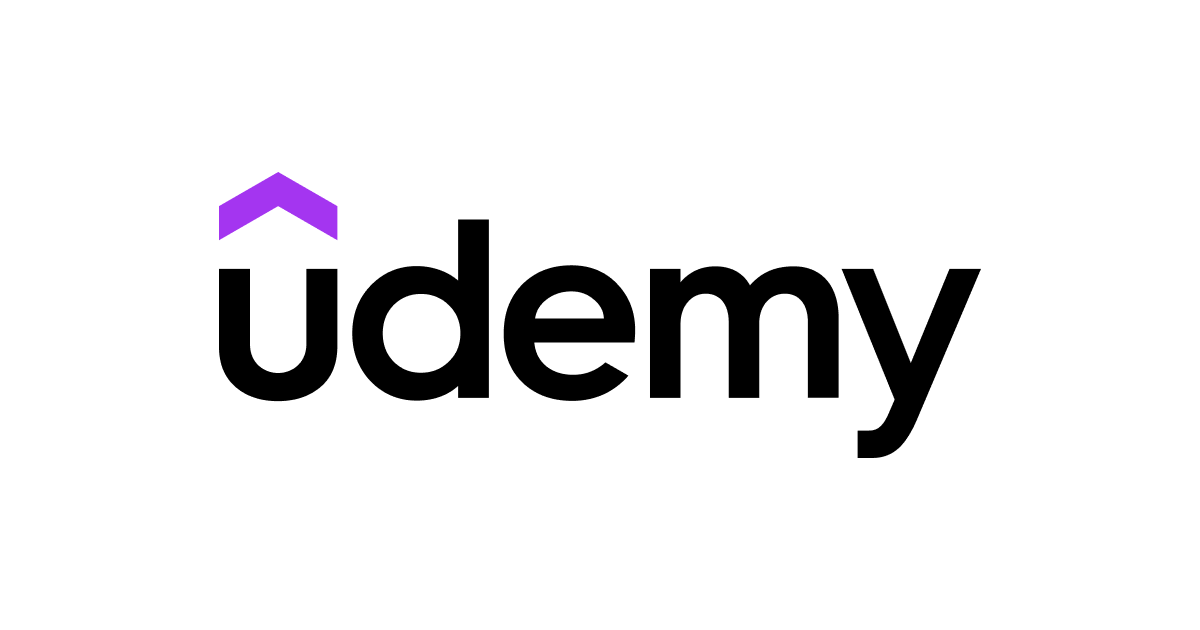
Udemy
Udemy is one of the best online course platform marketplaces with over 24 million students, 35,000 instructors, and over 80,000+ courses. The first step to creating a course is to sign up to be a premium instructor.
Udemy offers a range of courses for students to choose from. They offer a variety of learning styles and course genres – from photography to business.
Once your account is approved, it’s effortless for course creators to get started. When creating your video content, keep in mind the material has to be at least 30 minutes long and contain five lectures.
Another benefit to adding your online school on Udemy is that you can easily promote your class inside their platform. You can use their marketing features to be included in site-wide discounts, be placed in their marketing emails, or join their affiliate program with tiered commission rates.
Udemy’s course platform is free to use. They charge a 3% rev share for sales through instructor coupons, 50% for students who found your course through organic search (SEO), and 75% for transactions made through paid search marketing efforts.
Udemy is one of the best online learning platforms for professionals. One of the biggest advantages is that you get access to a large user base, this can also be a downside as your course can get lost in a sea of other competing courses.
Udemy’s 40 million users are all potential students who will pay for your course. However, you won’t start earning profits right away just because you’re on their platform.
Any online course on Udemy’s system is unfortunately up against the intense competition with all the other courses. Instructors are at the mercy of the placement and appearance on the Udemy website, which is controlled by their proprietary algorithms.
If you’re new to the platform, it might be tough to outrank other instructors on particular online course topics.
You have to develop a strong marketing and sales strategy, it’s all about getting your name out there.
You may join in on the company’s marketing efforts. They occasionally have special discounts that might help you grow your following on their site. These marketing incentives are opt-in, so instructors have a choice to participate or not.
They have a good track record of providing decent technology and support. They provide free 24/7 assistance, as well as a large collection of useful articles that cover everything from creating courses to how to properly utilise third-party integrations.
There is also fierce competition from other course platforms. Udemy isn’t the only online course marketplace that ranks highly in search engines for your field of study.
Other course platforms with marketplaces like Coursera, Archy, and Skillshare can compete with Udemy in organic search, which can be a disadvantage for instructors.
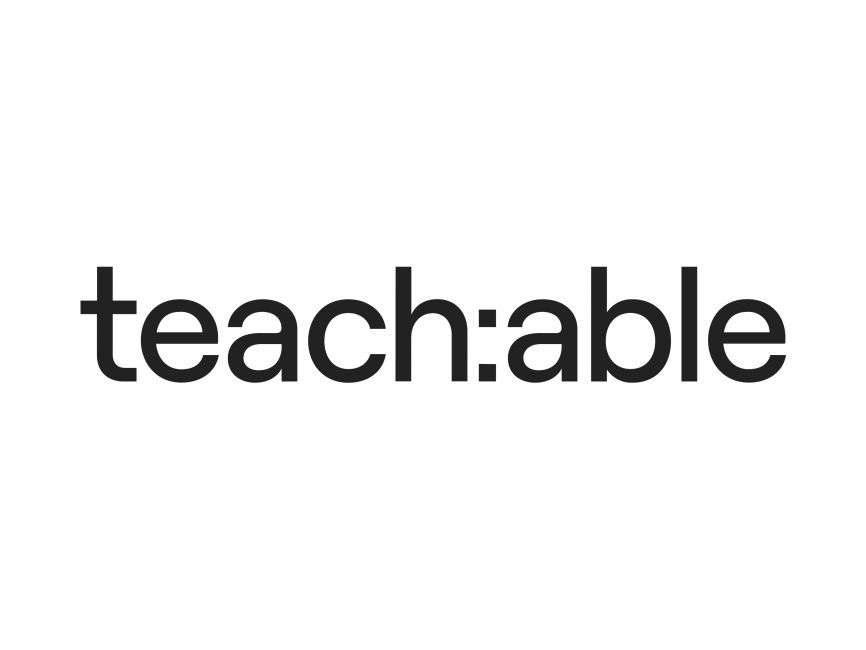
Teachable
Teachable is another online course platform that offers self-paced video courses on topics from web development to cooking. The best part about Teachable as a course creation platform is that instructors can create online courses from their very own independent course material and know-how, and then sell them as a premium online course.
If you’re looking for a simple course builder that has a low barrier to entry with their free plan, Teachable is an excellent online learning platform alternative. You can choose to use their free plan (with $1 + $0.10 for all transactions) or select one of their three plans ranging from just $29/month to $299/month.
Teachable’s most popular plan is the Pro Plan at $99/month as it’s the first plan with zero transaction fees.
Teachable is a fantastic online teaching platform for those who are just starting out in the online course world since it is one of the most inexpensive alternatives and simple to use.
Teachable’s advantages include unlimited bandwidth, students, courses, and coaching services.
Beyond these uncapped perks, Teachable offers simplified and optimised checkouts, storefronts, and landing pages, Live zoom courses (pro plan), graded quizzes, custom course completion certificates, website builder, and much more.
Like Udemy, Teachable runs into similar problems that just about every platform on this list runs into, and that’s the market saturation and fierce competition each online learning platform creates for each other.
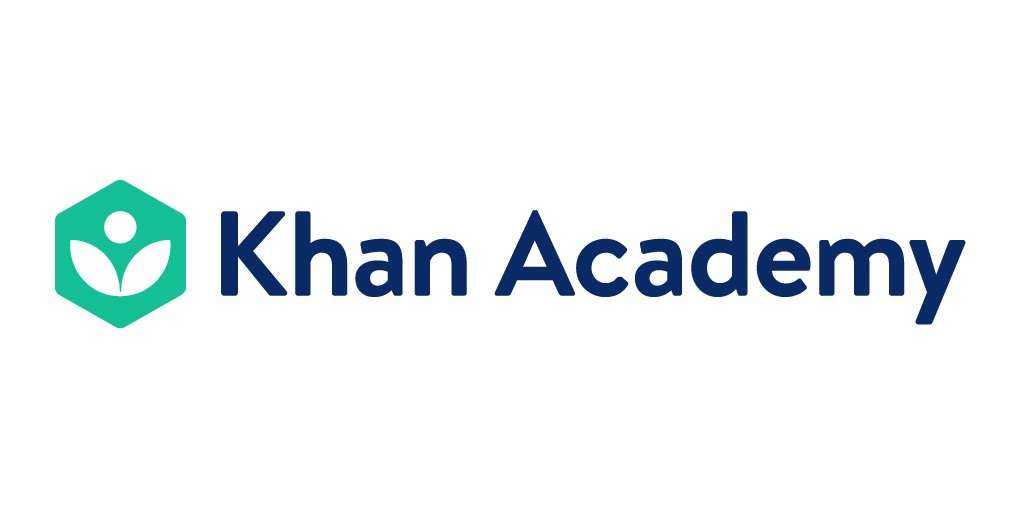
Khan Academy
Khan Academy is a California-based non-profit online learning platform organisation founded in 2005 by Sal Khan with the goal of providing online tools that assist pupils. The organisation creates short lectures that are presented in the form of videos. Additional practice exercises and teaching resources are available on the Khan Academy website.
The Khan Academy is a perfect place for those who want to learn something new but don’t have the time to physically go somewhere. It claims to have over 10,000 videos on topics ranging from math to history.
The best part about Khan Academy is that, unlike other course platforms, Khan Academy doesn’t have price brackets, it only has a free plan option.
Khan Academy’s website aims to provide a free personalised learning experience, that is built on the videos, hosted on YouTube. The website is meant to be used as a supplement to its videos because it includes other features such as progress tracking, practice exercises, and teaching tools. The material can also be accessed through mobile applications.
The videos display a recording of drawings on an electronic blackboard, which is similar to the style of a teacher giving a lecture. The narrator describes each drawing and how they relate to the material being taught. Furthermore, throughout the lessons, users can earn badges and energy points, which can be displayed on their profiles. Non-profit groups have distributed offline versions of the videos to rural areas in Asia, Latin America, and Africa. Videos range from all subjects covered in school and for all grades from kindergarten up through to high school. The Khan Academy website also hosts content from educational YouTube channels and organisations such as Crash Course and the Museum of Modern Art.
Teachers can set up a classroom within Khan Academy. This classroom allows teachers to assign courses within Khan Academy’s database to their students. Teachers can also track their students’ progress as they work through the assigned tutorials.
Khan Academy has been criticised because its creator, Sal Khan, lacks a formal background or qualifications in pedagogy. Statements made in certain mathematics and physics videos have been questioned for their technical accuracy. In response to these criticisms, the organisation has corrected errors in its videos, expanded its faculty, and formed a network of over 200 content experts.

Coursera
One of the top online learning platforms to sell online courses, Coursera offers courses from over 100 universities and organisations. You can take these classes on topics such as business or medicine. The best part is that you receive a certificate once completed! Each course has work to be done and deadlines so a student’s online education becomes a lot more engaging and involved than simply watching lectures online.
Coursera is seen as more of a professional online course platform with a marketplace that hosts some of the world’s best companies and universities like the University of Michigan, Duke, and Stanford.
Coursera courses on average take about 4-6 weeks to complete, as they’re often secured within a time structure and order of topics.
The course creation can consist of video lectures, peer-reviewed assignments, and community discussion forums.
Coursera is free to join, and you must be logged in to see pricing information on individual courses. There are three tiers of class offerings at Coursera.
- Main courses run on a subscription basis and cost $29-99/month. These take the standard 4-6 weeks to complete, and you receive an electronic course certificate upon completion.
- Specialisation courses are for mastering a specific career skill and cost between $39-79/month. In these online courses, you tackle real business challenges with hands-on projects and more rigorous coursework.
- Online degree programs. If you’re looking for a more advanced education, you can even take part in university-recognised online degree programs. These take 1-3 years to complete and cost anywhere from $15 to $25,000.
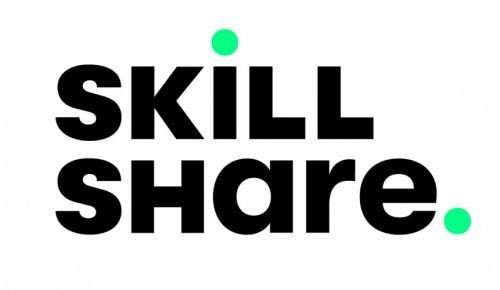
Skillshare
With around 12 million students, Skillshare is another great online course platform for course creators to create and sell their course content. Skillshare is a large marketplace focused on creative education, with course topics like filmmaking and art history!
Instructors create their own online school content which you can watch through the website or app. The best part? You don’t have to pay anything if you’re just a student!
Each class is around 20-60 minutes broken down into shorter lessons, plus projects and a community discussion forum to connect with other students.
Consisting of mostly creative topics, the open discussion forum can be a very beneficial tool for students, as they can share their progress and get feedback from others. They also can help premium members with production, course planning, and can even help with online course creation at their studio in New York.
Skillshare is free for course creators that are creating a premium course experience. They pay instructors $10 for paid membership referrals and monthly royalties for each minute of content watched.
They have a large user base of course creators and entrepreneurs. If you are offering content that would be suited for a creative audience, Skillshare is a great platform to sell courses online and get noticed by the right audience.
The quality of the classes is reliable. Skillshare prides itself on consistently providing professional, high-quality courses. They can help with outlining your course based on the needs of their audience, and can also assist with production.
It is worth noting that earnings run through a royalty system. Each month, between 30 and 50% of Skillshare’s premium subscription revenue goes to a royalty pool for teachers.
The remaining funds go to marketing and promoting classes, supporting the platform, and running day-to-day operations. This royalty system works for well-established teachers, as the more minutes watched, the more revenue share you receive.
However, this makes it difficult for new instructors to receive much compensation when they’re just starting. Plus, students who watch at 2x speed only count as half the minutes toward the royalty pool.
Another disadvantage is they only offer email support. Although they have helpful support articles, the only option to contact them is via email.
Based on the royalty system for earnings, and no live support, you may be able to make a lot more sales with a marketplace. If you’re a creative course creator and want to reach a new audience, their selection of online course options is worth a try.
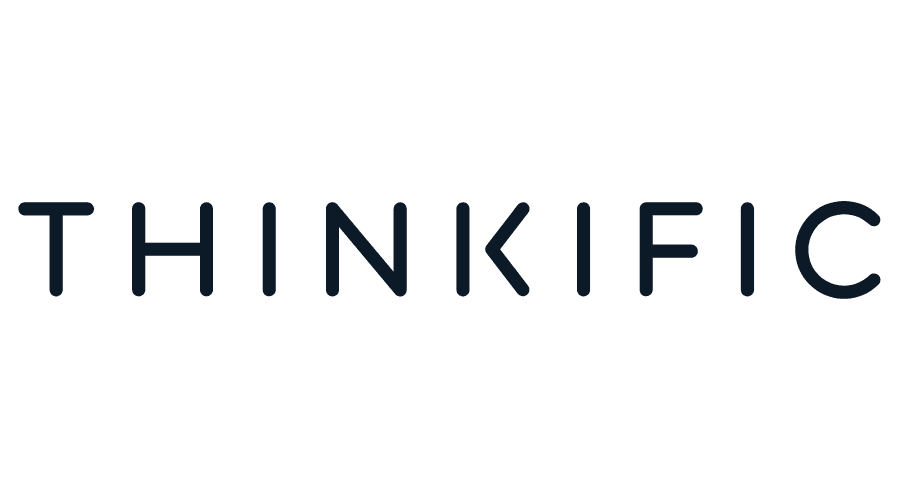
Thinkific
Though Thinkific doesn’t have as many students enrolled compared to some of the earlier mentioned platforms, Thinkific is a strong overall platform for both course creation and the selling of your online course.
Thinkific is a more affordable option that can still deliver a high-end course experience with their drag and drop builder.
The website builder from Thinkific is highly customisable, along with the sales pages being highly optimised. Even the student dashboards are customisable (you can add videos, text, and any downloadable file type to the same page).
Having free Wistia video hosting, customisable course certificates, marketing automation, and email features is a huge plus as well.
In fact, even though Thinkific plans start at just $49/month, huge brands like Fiverr use Thinkific to sell online courses.
Speaking of price plans, Thinkific’s are as follows;
- Basic ($49/month): Unlimited courses and students, drip (scheduled) content, custom domain, email integrations, and coupons.
- Pro ($99/month): Basic features, plus memberships and bundles, private courses, certificates, advanced HTML and CSS editing, assignments, live lessons via Zoom, and priority support.
- Premier ($499/month): Pro features, plus 50-course admins, onboarding package, and unlimited growth package (best for big teams).
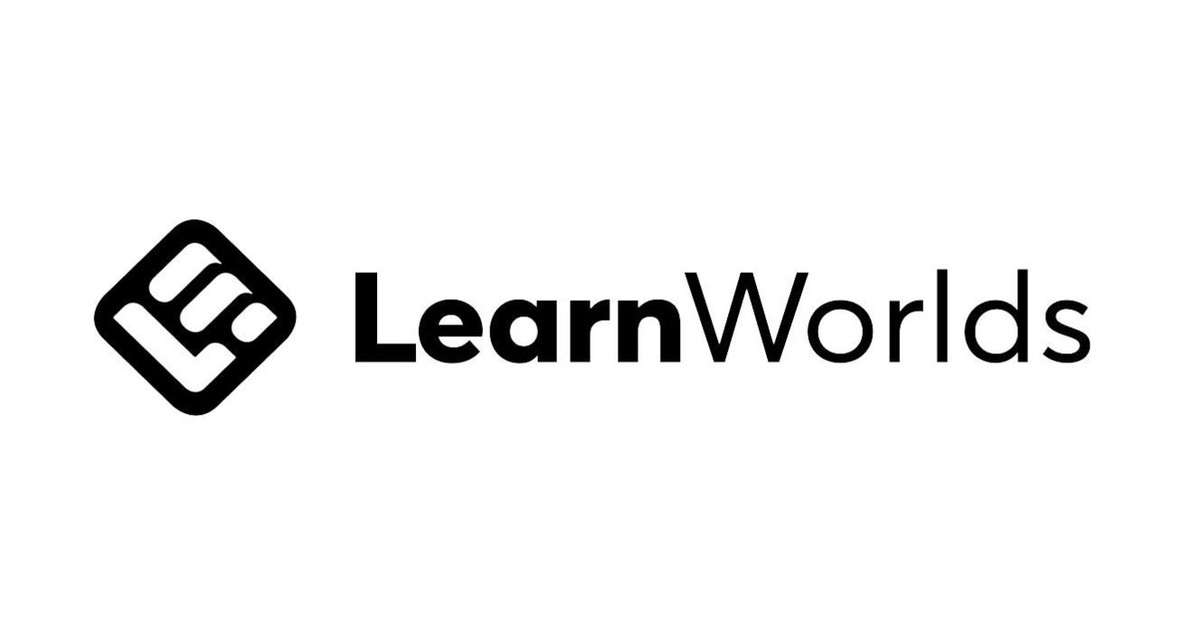
LearnWorlds
LearnWorlds is a revolutionary online university that offers a wide variety of online courses on subjects such as art history, programming, and business management, as well as the ability to create unlimited courses.
The best part about the courses is that they are not too difficult for beginners to understand. They offer different formats which can help learners study at their own pace.
It also offers a Career Path – a tour of the features which a learner needs for a successful plan for their career.
LearnWorlds is an online course platform that really allows course creators to develop engaging content for students.
Think quizzes, gamification, interactive videos, etc.
While the student experience isn’t as nice looking as say a Thinkific course, it’s unique in that it offers students more interactive eLearning content.
Some great features from LearnWorlds include the ability for students to take notes and highlight important points of a course, a custom mobile app on iOS, coupon & discount creation, 24/7 customer support, social media integrations, and sales analytics.
LearnWorlds’ pricing plans are as follows;
- Starter ($24/month paid annually): one admin, $5 fee per course sale, custom domain, unlimited courses, page builder tool, 4 payment gateways, coupons, and drip feed courses.
- Pro Trainer ($79/month): Starter features, plus no transaction fees, 5 admin accounts, subscriptions and memberships, custom checkout pages, live classes via Zoom and Webex, assignments, and affiliate program management.
- Learning Centre ($249/month): Pro Trainer features, plus a branded corporate academy, premium cloud servers, flexible invoicing, premium support, and premium account manager.

Podia
Podia is an all-in-one online course platform with over 50,000 members that is great for digital downloads, webinars, and memberships.
Podia helps teachers create and sell their own courses to students with third-party integrations and customer support. Teachers can set up different pricing models for their courses depending on what the course is about.
Beyond having the ability to sell online courses, Podia also allows for users to sell digital downloads, webinars, host communities, and coaching.
Podia excels in its membership alternatives. You may construct your own internet community by engaging with members, bundling items for certain categories, offering tiered plans, and collaborating with Facebook Groups and Slack.
As mentioned before, Podia also acts as a webinar platform to host either live or on-demand webinars.
Another fantastic feature is the option to operate your own affiliate program on Podia. You may view all of your affiliates in one location, get useful information, and make payments based on your own customised commission structure.
There is 24/7 support, no transaction fees, and a simple three-step process to get your course website up quickly.
Although they don’t charge fees, their payment processors have transaction fees of 2.9% + 30¢.
Podia’s price plans;
- Mover ($39/month) – Unlimited everything, zero transaction fees, sell courses, digital downloads, and 5k emails sent per month.
- Shaker ($79/month) – Everything in Mover, plus the ability to create membership communities, add affiliates, and 15k emails sent per month.
- Earthquaker ($179/month) – Everything in Shaker, plus dedicated account manager, personalised onboarding, and 50k emails sent per month.
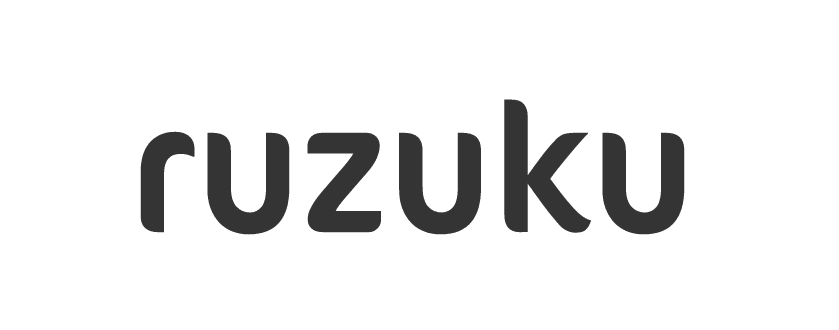
Ruzuku
Ruzuku’s online course builder allows you to create and sell your own course in a simple step-by-step structure, with PDFs, and text in minutes. You may quickly generate course outlines, modify and reorder your activities with ease, launch your course, and generate income in no time at all.
Ruzuku integrates with third-party tools like MailChimp, Infusionsoft, and payment gateways like Stripe and PayPal to accept payments – and they don’t charge transaction fees.
They’re also known for their desirable online learning community. When you join Ruzuku, you’re not buying a teaching tool; you’re joining a team to help your students learn.
Ruzuku comes with some excellent features depending on your price bracket including; unlimited courses, students, & webinars, self-directed courses, multiple instructors, student dashboards
There are 3 main tiers of price plans for creators and they are as follows (billed annually);
- University (starting at $125/mo)
- Up-and-Comer ($83.08/mo)
- Bootstrapper ($74.75/mo)
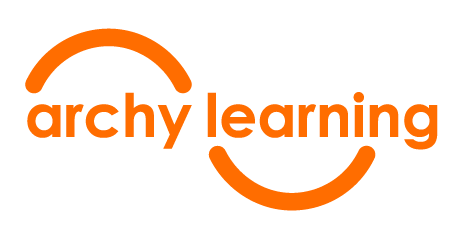
Archy Learning
Archy learning is not just another online course builder that business owners use to upload their preexisting material onto, in order to create their own training courses.
This website offers unlimited course creation for instructors for unlimited students, with the ability to make your own course free, one-time payment, or subscription-based.
Selling courses can be either facilitated in a private and direct customer route or publicly within Archy’s course platform.
Some of the advanced features that the online platform offers course creators is the ability to dynamically tag courses, gamified course elements, 99Designs Integration, Promo code generation, Customer support, Website builder, and all the tools to create courses in the simplest form possible
Archy Learning’s goal is to develop your course idea into a fully realised online course in as little effort as possible, with simplified drag-and-drop functions and media feature icons.
One of the most approachable online course platforms for the price is Archy. Their price plans are as follows;
- Basic ($25/mo)
- Pro ($65/mo)
- Elite ($100/mo)
Conclusion
It’s becoming quite clear, especially in regards to lockdown that online learning is spiking in adoption and popularity. With the rise of self-directed learning, getting a certification or degree has never been easier.
Whether you’re looking for a new skill to learn or want to teach others in a subject or skill you have acquired, these top online course platforms have got something for everyone! If you’re just starting out and want help with your first steps into this realm, reach out to us. We’d love to help you get started!
Our team can provide support throughout the developmental process, from designing courses to marketing them on social media channels.
For a free consultation, reach out to us here.
Which of the online learning platforms did you find most appealing? Let us know below in the comments!




